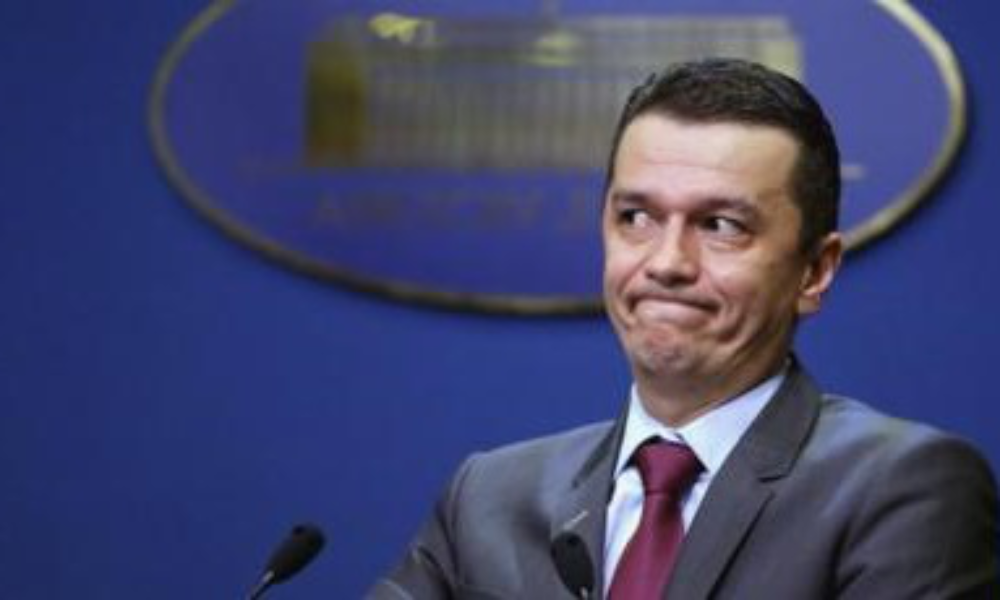Santander withdraws the title of « Honorary Mayor » after the pressures of the Human Rights Prosecutor’s Office | Spain
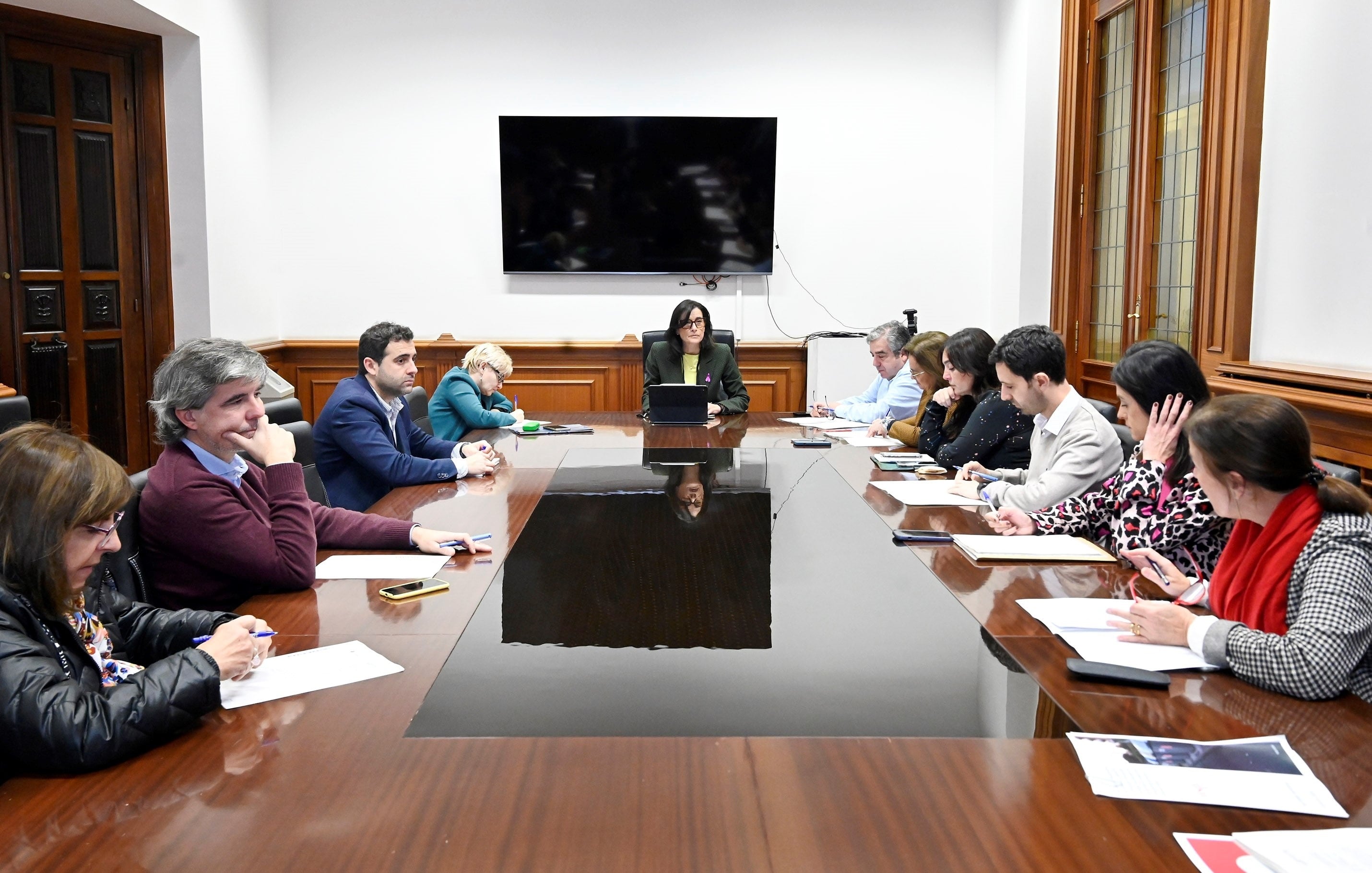
Francisco Franco He has ceased to be an honorary mayor of Santander almost 50 years after his death. The dictator has lost that privilege status after the Santander City Council, the result of the pressures of the Human Rights Prosecutor’s Office, which has demanded the Compliance with the legislation of historical memory and the agreements closed in the plenary in 2015, which had not been fulfilled. Santander has also been rebuked by the delay in renewing the street, with multiple names and Francoist characters, a total of 16. The resolution also implies that Franco loses the gold medal and the gold key of the Cantabrian city and that the coup military and subsequent president of the Government, Luis Carrero Blanco, also loses his recognitions. The Human Rights Prosecutor, Carlos Yáñez, charged when he arrived at the position against the “rebellion” of the City Council led by Gema Equal, of the PP, party to command since 1987 and preceded by the Popular Alliance and the Union of the Democratic Center.
The application of memory regulations has been published on Wednesday in the Official Gazette of Cantabria, so that it is already considered official after agreed on April 24 in the municipal plenary. The Consistory has accelerated the times after the Prosecutor’s Office of this area reproached the « rebellion » or « deliberate inactivity » also on account of the streets honoring characters or milestones of Francoism. The publication of the Bulletin also highlights one of the keys made by the Public Ministry, in allusion that in 2015 it was then unanimously approved “to assume the commitment to adopt the appropriate measures for the determination of the commemorative mentions of exaltation, personal or collective, of the military uprising, of the Civil war and from the repression of the dictatorship contained in the Santander street, proceeding to change the denomination of the affected streets and place names, as well as to adopt the appropriate measures for the determination of the shields, badges, plates or the rest of the commemorative mentions that must be removed ”.
This pact between the parties was taken according to the 2007 Historical Memory Law, which despite being approved for 18 years, is not yet fully applied in matters like this. The mayor thus responded to the criticism of the Prosecutor’s Office: « Public servants know the duty to comply with the laws, apart from ideologies and any other criterion of political opportunity. And thus has been carried out in Santander, with determined, consulted steps, respectful of the neighbors and with the city’s own history. » He also denied « no ideological motivation behind rhythms » and pointed out that in recent years there were another 16 changes related to this cause.
The execution of this mandate entails repealing agreements of 1946, 1952, 1968 and 1974 that respectively granted the honors of the Honorary Mayor of the city, the gold medal of the city and the gold key of the city to Francisco and Francisco and the gold medal of the city to Luis Carrero Blanco, born in Santoña (Cantabria) and where he still has a commemorative monument. Prosecutor Yáñez reproached the « inactivity » of the Consistory, whom he accused of having « consciously and deliberately located in an inadmissible position of rebellion against compliance with the law » and remarked that executing the state regulations did not depend on « the ideology or political opportunity » of public representatives, but should be fulfilled without regard, since the sanctions range from mild, valued in 200 euros, to 150,000 of the very serious. He also gave a month for changes in Santander streets, which have already been accepted. The prosecutor stressed that « the honors of fascist criminals who upset the Santander City Council openly repuls the right of repair of the victims of Franco. »
The affected streets, as published by the City Council of Santander, will be these: Alcázar de Toledo is replaced by slope of the souls; Alto de los Leones, by Benito Madariaga; Belchite, by José Luis Casado Soto; Brunete, by Carmen and Joaquín González Echegaray; Camilo Alonso Vega, by José Hierro; Captain Cortés, by Miguel Ángel García Guinea; Carlos Haya, by Antonio de Tova and Arredondo; García Morato, by Juan Antonio Gutiérrez de la Concha; General Díez de Villegas, by José de Bustamante y Guerra; General Dávila, for Paseo de Altamira; Provisional Ensign, by Fray Silvestres Vélez de Escalante; General Moscardó, by Bernardo de Miera and Pacheco; Montejurra, by Valentín Lavín Casalís; Ruiz de Alda, by Juan de Santander; Provisional sergeants, by Leonor Plantagenet and Zancajo Osorio is changed to Leonor de la Vega.

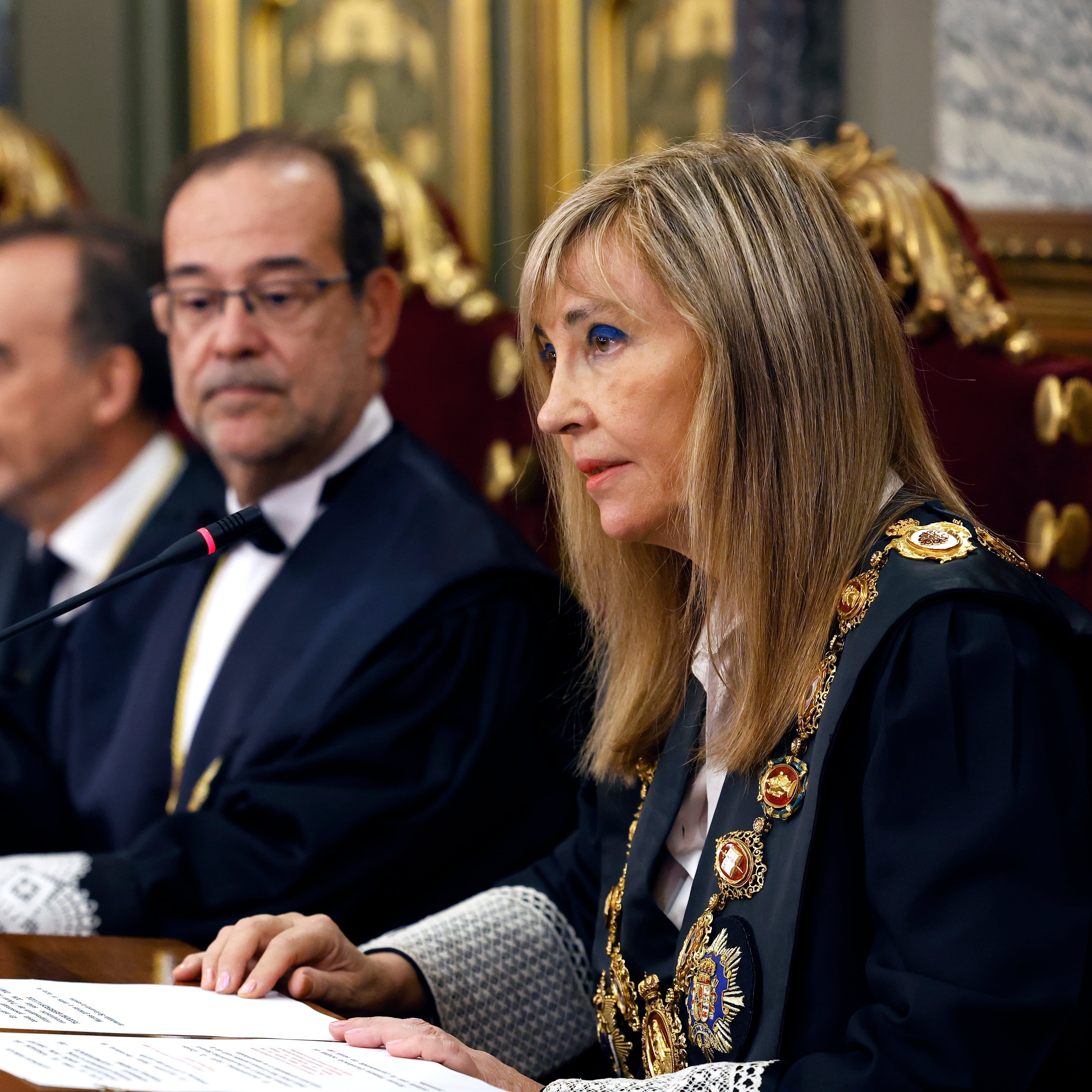
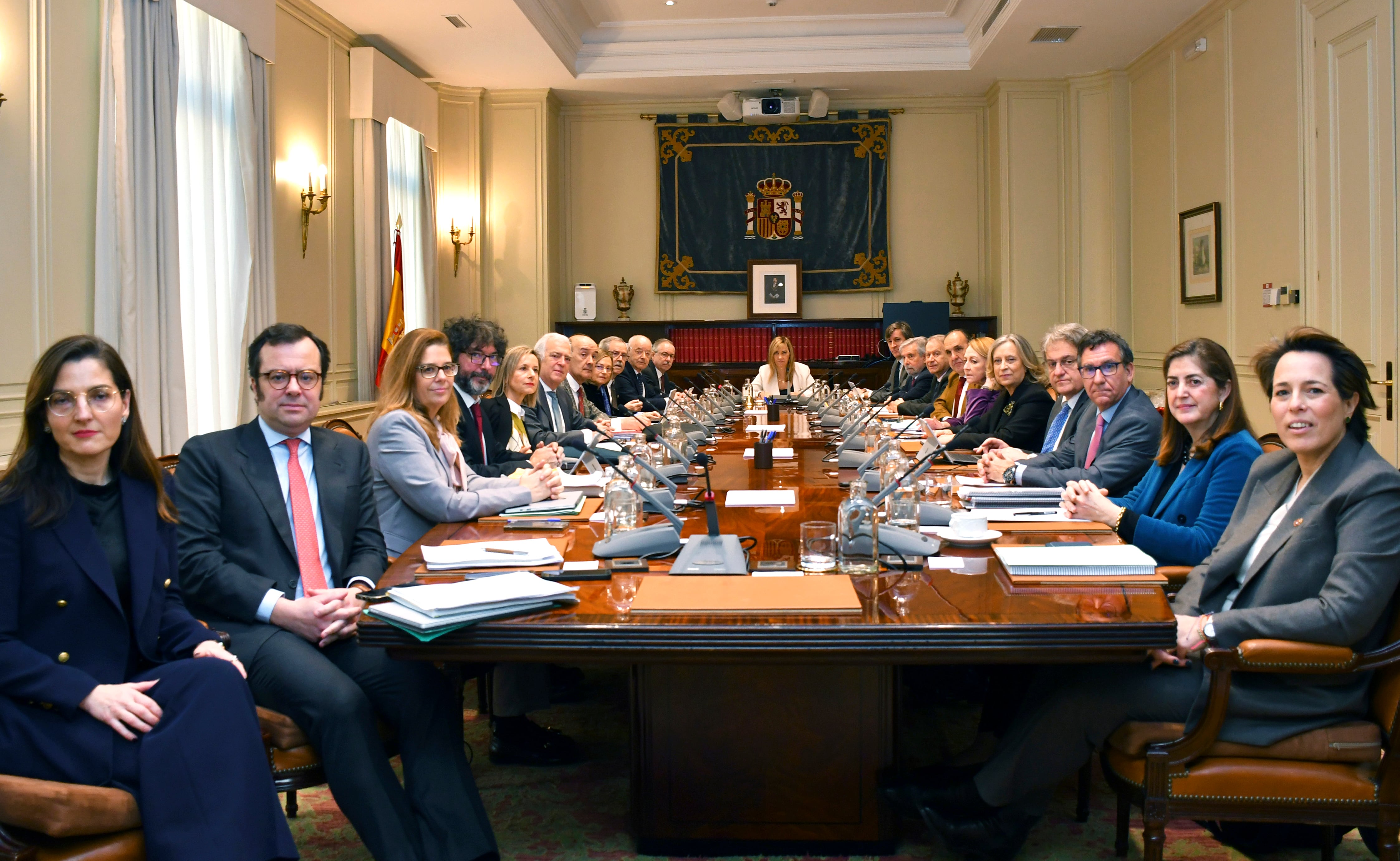
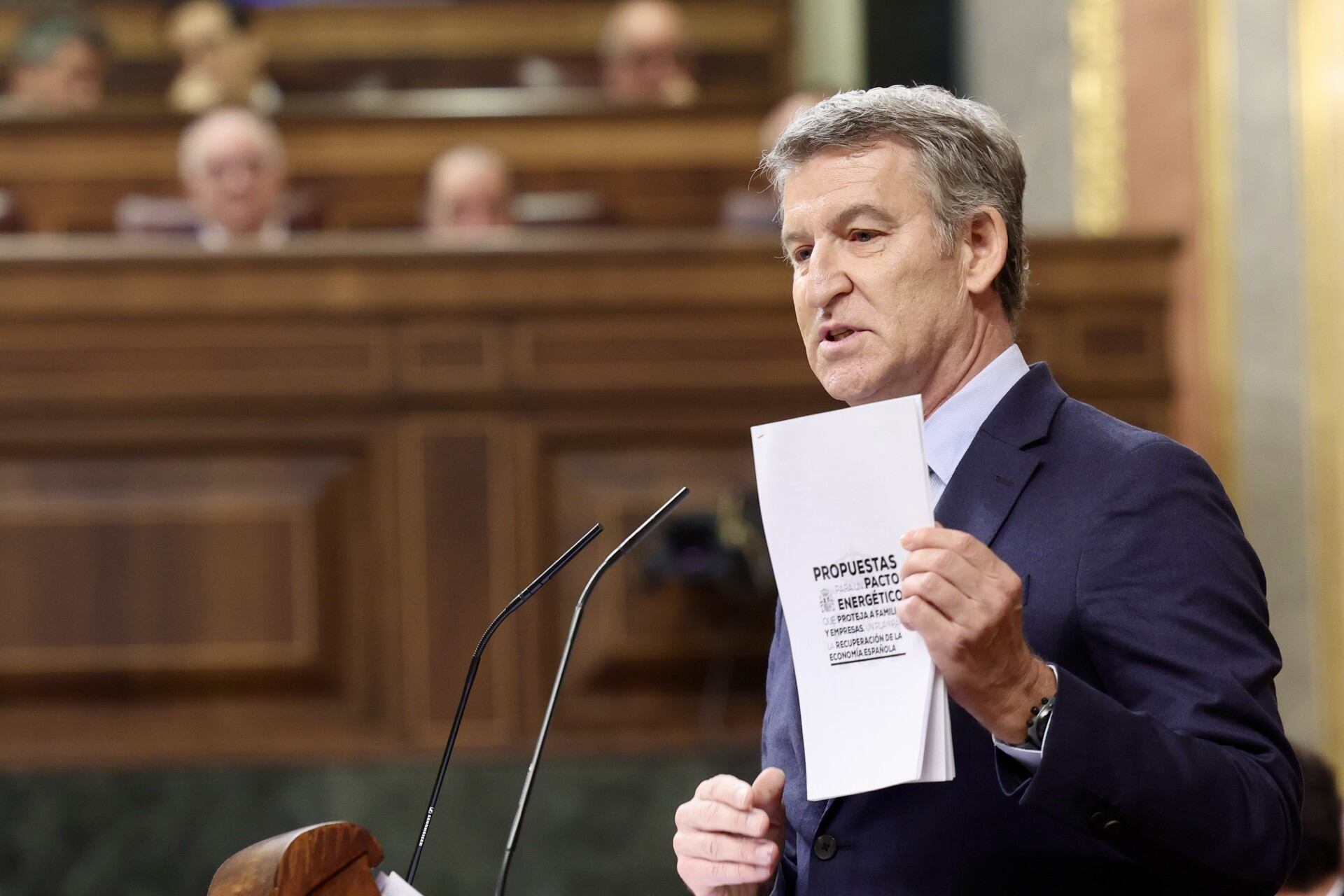

/s3/static.nrc.nl/wp-content/uploads/2025/05/08085323/0805ECOBLOG_Rewe.jpg)

